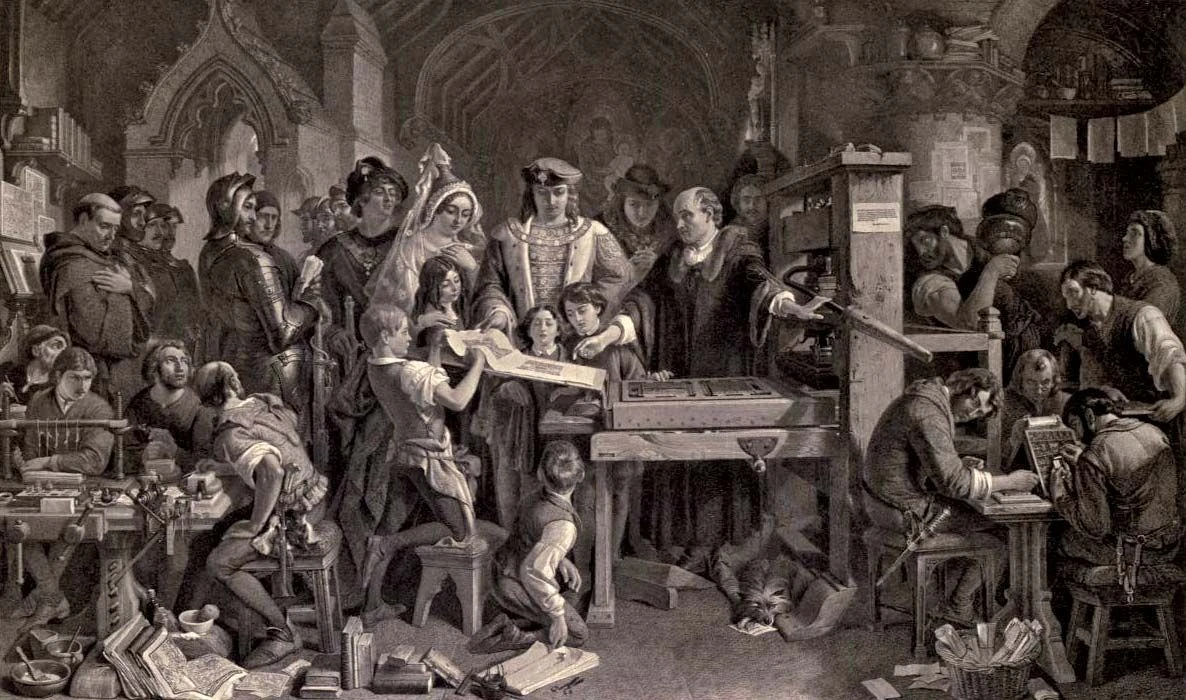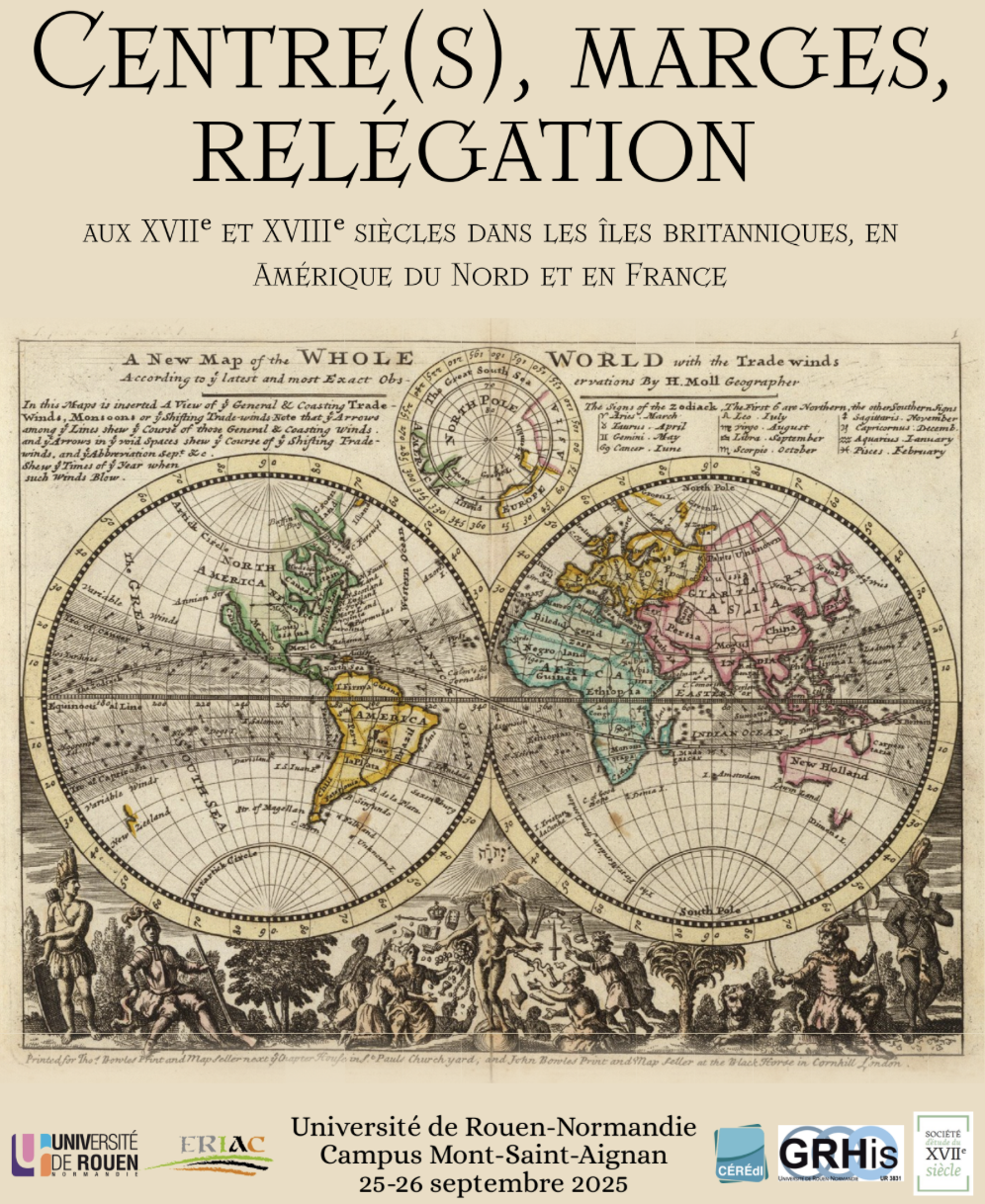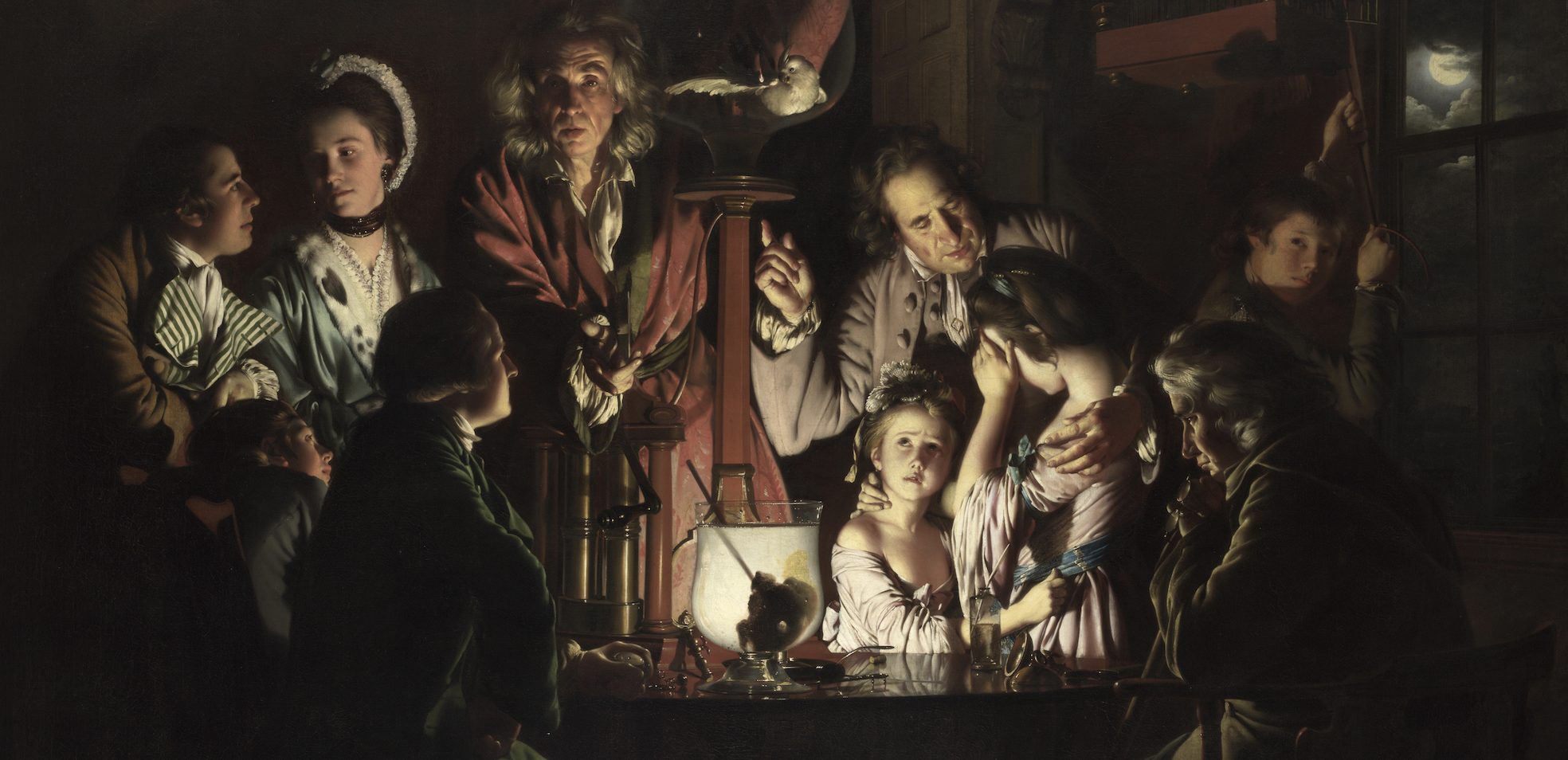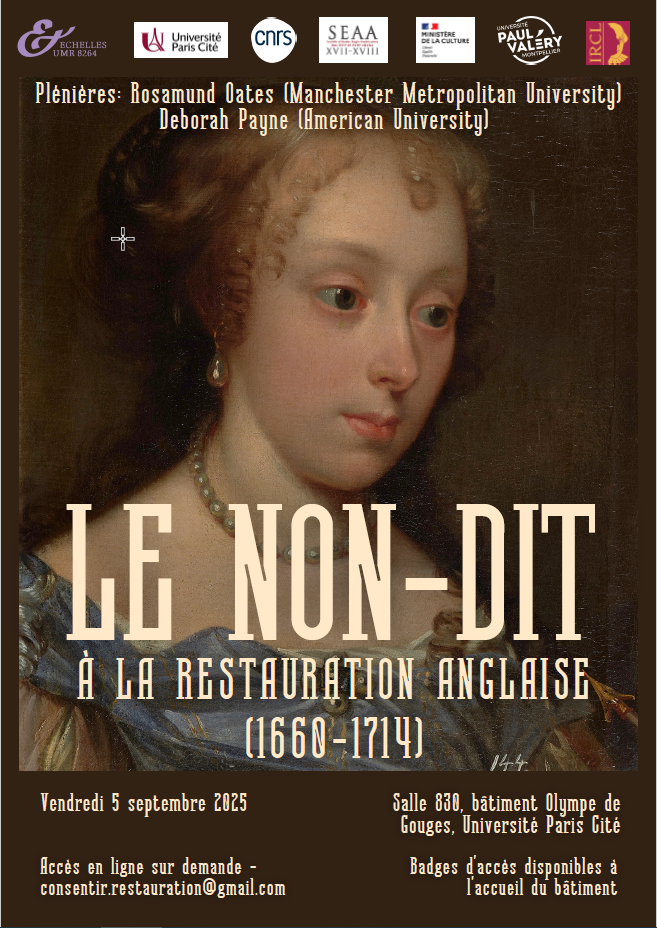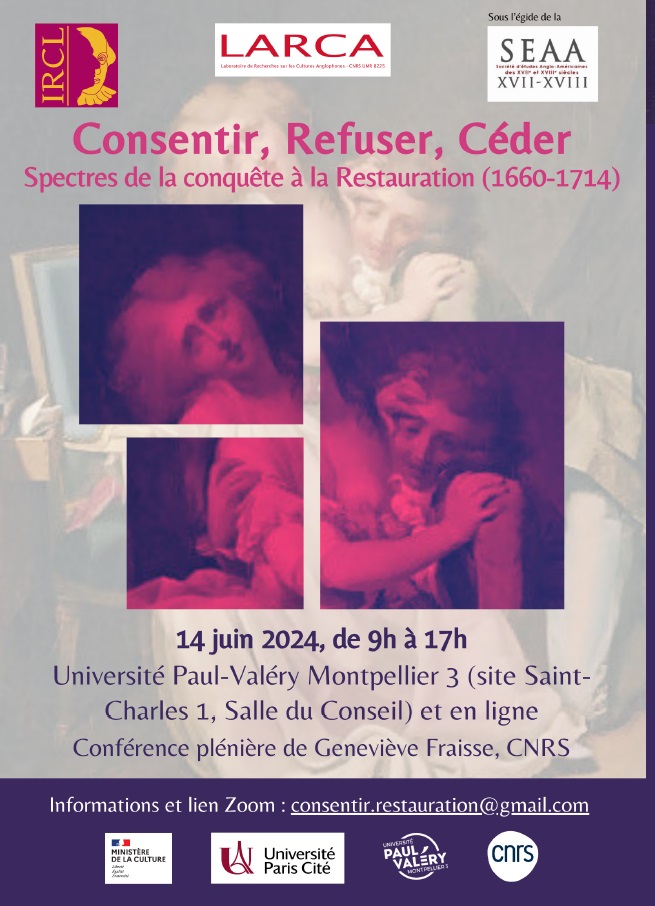50e congrès de la Société d’Études Anglo-Américaines des XVII e et XVIII e siècles (1718). Avec le soutien des laboratoires Triangle (UMR 5206 – ENS Lyon), IHRIM (UMR 5317 – ENS Lyon) et LCE (U. Lumière Lyon2).
Dates : 19-21 novembre 2026
Lieu : Université Lumière Lyon 2, Lyon France
Le thème de ce cinquantième congrès de la SEAA XVII-XVIII s’inspire de la devise de l’Université Lumière Lyon 2 où se déroulera l’événement. L’ambition de ce congrès est de fédérer les travaux récents sur l’évolution des sciences et des savoirs et sur la manière dont ils ont contribué à transformer le travail à l’époque moderne dans une perspective britannique, atlantique et mondiale. Il s’agira d’interroger la modernité religieuse, philosophique et politique qui caractérise les XVII e et XVIII e siècles britanniques et américains sous l’angle pratique de l’évolution des sciences et des techniques. Ces changements s’incarnent également dans de nombreuses formes esthétiques et littéraires, qui reflètent et nourrissent l’orientation utilitaire donnée au savoir par la nouvelle science expérimentale.
Plénière confirmée : Lauren Working, University of York.
Les titres et les propositions de communications d’environ 500 mots accompagnées d’une notice biographique (150 mots) sont à envoyer à congres1718lyon2026@gmail.com pour le 30 mars 2026. Une sélection des communications sera publiée sous l’égide de la
SEAA1718 http://1718.fr
Articles
CFP Colloque « l’Edition et ses pratiques: passé et présent », 22-23 octobre 2026.
Colloque international conjoint de la Société française Shakespeare (SFS) et la Société d’études anglo-américaines des XVIIe et XVIIIe siècles (SEAA1718). Avec le soutien d’ECHELLES (UMR 8264 du CNRS – Université Paris Cité) et de la Hakluyt Society.
JDJC 2025: « Centre(s), marges, relégation aux XVIIe et XVIIIe siècles dans les îles britanniques, en Amérique du Nord et en France », Rouen, 25-26 septembre 2025
17e journées doctorant·e·s et jeunes chercheur·euse·s de la Société d’Études Anglo-Américaines des XVIIe et XVIIIe siècles (SEAA 17-18) et de la Société Française d’Étude du Dix-huitième siècle (SFEDS).
Continuer la lecture de « JDJC 2025: « Centre(s), marges, relégation aux XVIIe et XVIIIe siècles dans les îles britanniques, en Amérique du Nord et en France », Rouen, 25-26 septembre 2025 »JE: Le non-dit à la Restauration Anglaise (1660-1714). 5 septembre 2025, Université Paris Cité. Programme
Le colloque est aussi accessible en ligne, le lien est disponible sur demande à l’adresse consentir.restauration[at]gmail.com.
Le programme du colloque est également disponible ici en version pdf.
Continuer la lecture de « JE: Le non-dit à la Restauration Anglaise (1660-1714). 5 septembre 2025, Université Paris Cité. Programme »Colloque international : « Traduire et adapter les plaisanteries de Molière en anglais du XVIIe siècle à aujourd’hui », Université Lumière Lyon 2, 26-27 juin 2025
Le colloque « Traduire et adapter les plaisanteries de Molière en anglais, du XVIIe siècle à aujourd’hui » aura lieu à l’Université Lumière -Lyon 2 les 26 et 27 juin prochain.
Vous trouverez davantage d’informations sur le site dédié.
Colloque international : Aphra Behn on the Move 18, 19 et 20 juin 2025
Le colloque « Aphra Behn on the Move », sous le patronage de la société et co-organisé par l’Université Paris Cité, Sorbonne Université et Université Sorbonne Nouvelle aura lieu les 18, 19 et 20 juin prochain.
Vous pouvez avoir davantage d’informations au sujet du colloque sur le site dédié.
Colloque annuel de la Société, 12-14 juin 2025, Université de Montpellier Paul-Valéry, Mare Nostrum , programme
CFP: Le non-dit / Things unsaid, Paris, 5 septembre 2025
Une version pdf de l’appel à communications est disponible ici.
Call for papers
Things Unsaid, Things Unwritten during the English Restoration (1660-1714)
Joint conference IRCL (Université Paul-Valéry Montpellier 3) – LARCA (Université Paris Cité)
With the support of the Société d’Études Anglo-Américaines des XVIIe et XVIIIe siècles (SEAA 17-18)
JDJC 2024, 17-18 octobre, Lille: RACINES, RADICALITÉ, ORGANICITÉ EN FRANCE ET DANS LE MONDE ANGLO-AMÉRICAIN AUX XVIIe ET XVIIIe SIÈCLES
Colloque « Consentir, Refuser, Céder: Spectres de la conquête à la Restauration (1660-1714) », Université Paul-Valéry Montpellier 3, 14 juin 2024
Le programme du colloque « Consentir, Refuser, Céder: Spectres de la conquête à la Restauration (1660-1714) », co-organisé par l’IRCL (Université Paul-Valéry Montpellier 3) et le LARCA (Université Paris Cité), sous l’égide de la Société d’études anglo-américaines des XVIIe et XVIIIe siècles, est disponible.
Le programme du colloque est aussi disponible en version pdf ici.
Continuer la lecture de « Colloque « Consentir, Refuser, Céder: Spectres de la conquête à la Restauration (1660-1714) », Université Paul-Valéry Montpellier 3, 14 juin 2024 »
